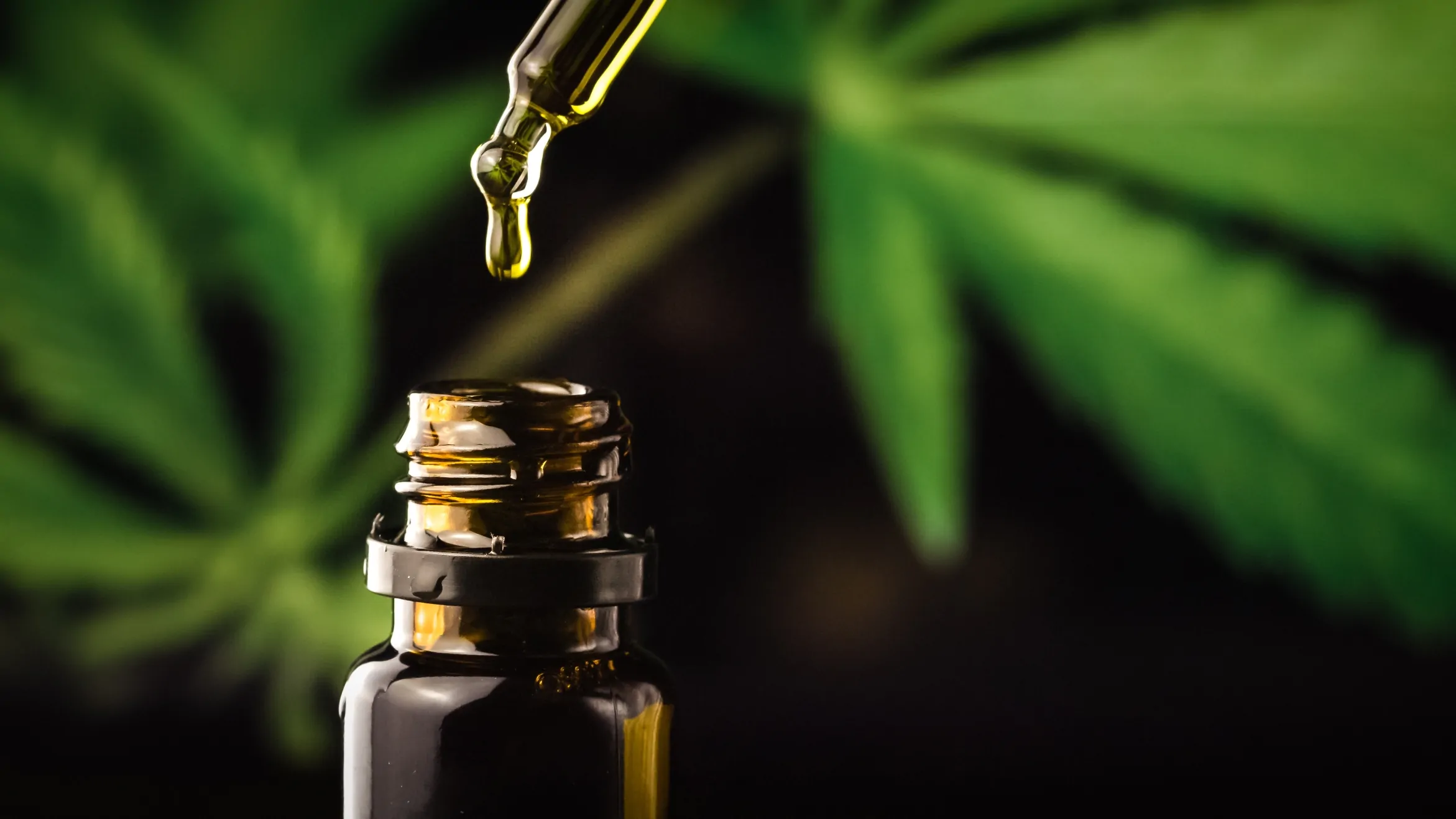The Alabama House Health Committee on Wednesday will hold a public hearing on a bill that would allow medical marijuana to be prescribed by a doctor to those with a demonstrable medical need.
Senate Bill 46 is sponsored by state Sen. Tim Melson, R-Florence.
The bill has already passed the Senate and has received a favorable report from the House Judiciary Committee. The bill is set to have a public hearing in the Alabama Health Committee Wednesday at 9 a.m. As of Tuesday, six opponents and four proponents are signed up to speak on the bill.
“The research, as well as actual result in the dozens of other states who have passed medical cannabis legislation, show that medical marijuana, if used responsibly, has demonstrable benefits in treating a number of medical conditions, including severe epileptic seizures, nausea from cancer treatments, PTSD, chronic pain, Parkinson’s, depression, and other,” said Chey Garrigan, the president and executive director of the Alabama Cannabis Industry Association, which is advocating for the bill.
“We want people with a demonstrable medical need to get the help that they need, and Alabamians who would benefit from this should not have to cross state lines or break state law to get that help,” Garrigan said.
Former state Sen. Phil Williams, who is now the chief policy officer and general counsel for the Alabama Policy Institute, spoke against the legislation in the House Judiciary Committee hearing.
“If this were the aspirin bill, I would still have problems with the bill because of how it is structured,” said Williams. “It violates civil liberties, preempts federal law, violates free-market principles, grows government. It creates an eleven-member commission [and] does not cap the employees.”
“It raises taxes at unheard-of levels,” Williams said of SB46. “We do not tax medicine in this state, and if we did, the state sales tax is 4 percent. This is 9 percent and more if state and local taxes are charged.”
Williams said that he has worked with drug addicts, and all of them say that they started with marijuana.
Melson said he opposes recreational marijuana and that “this is not an attempt to be a lead-in for recreational.”
Melson is an anesthesiologist who has worked for many years doing medical research.
Melson said that because marijuana is both a Schedule 1 forbidden substance and because it cannot be patented by a drug company there are not qualified medical studies in order to get FDA approval for marijuana. Melson cites a growing number of research studies, particularly in Israel, that indicate that there are medical benefits to marijuana.
Opponents cite an Australian study that shows long periods of impairment following marijuana use; while proponents cite their own study that shows workplace accidents actually declined in states where marijuana has been legalized.
SB46 prohibits smokable, raw and vaping products.
Melson said: “Vaping has been getting a bad rap lately, it is deserving a bad rap. I think we are going to see problems worse than tobacco from vaping.”
The bill creates the Alabama Medical Cannabis Commission to regulate the cultivation, processing and distribution of medical marijuana in the state. Thirty-three states have already legalized medical marijuana.
Thursday will be day 23 of the 2021 Legislative Session. There is a maximum of 30 days in a regular session.














































